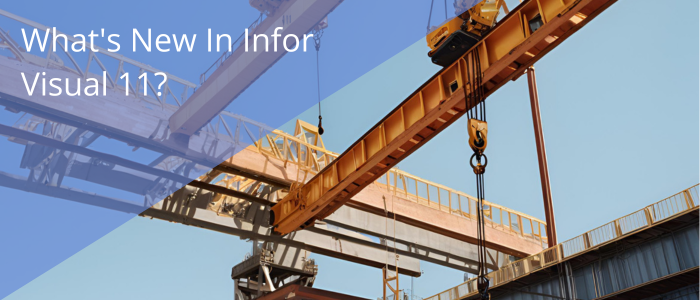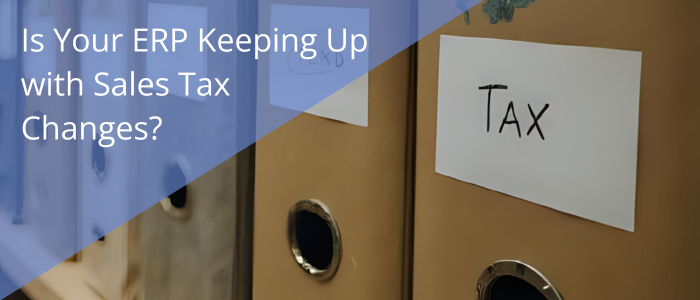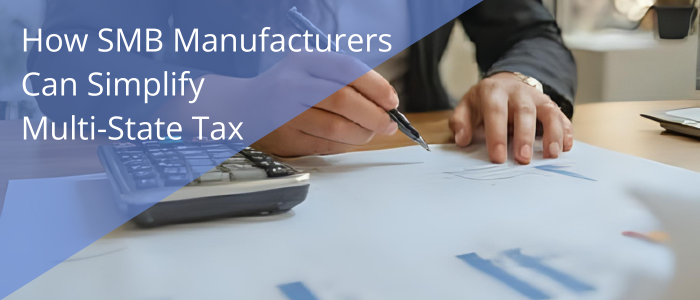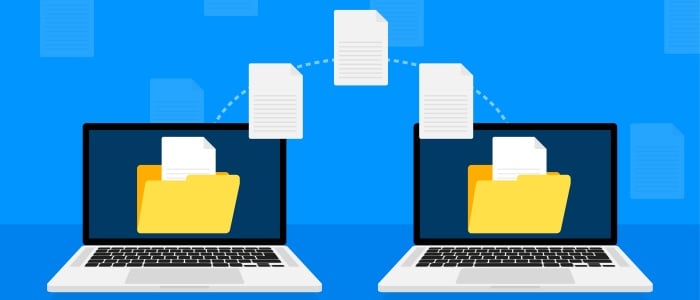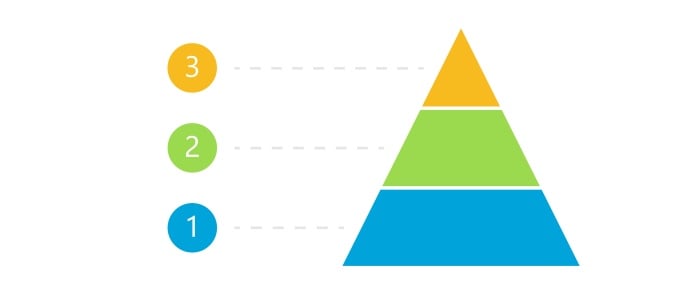Infor VISUAL 11 delivers meaningful upgrades that improve scheduling flexibility, shop floor efficiency, integration capabilities, and more.
Bryan Foshee
Recent Posts
Infor VISUAL 11 Highlights & Roadmap: With Richard Lagoy [VIDEO]
By Bryan Foshee on 8/13/25 12:19 PM
Is Your ERP Keeping Up with Sales Tax Changes?
By Bryan Foshee on 6/17/25 9:01 AM
Manufacturing companies implement ERP systems to centralize operations, streamline processes, and reduce reliance on spreadsheets. These systems do a great job managing core functions like production, inventory, and financials. But as you go further away from the actual production of the product, the story is different. Sales tax is a good example.
How SMB Manufacturers Can Simplify Multi-State Tax
By Bryan Foshee on 6/16/25 1:38 PM
For small- and medium-sized manufacturers, growth brings complexity. A common and often overlooked example is sales tax. The moment a business starts selling into other states, it opens the door to a patchwork of tax rules, filing requirements, and exemption management challenges. Sales tax compliance doesn’t seem strategic until something goes wrong. Then it becomes a distraction for the team, pulling attention away from more valuable work.
SMB ERP: Choosing the Right ERP For Small To Midsize Manufacturers
By Bryan Foshee on 5/19/25 10:00 AM
In this guide, we break down what small and midsize manufacturers need to know about ERP systems, from core functionality to technology strategy and total cost of ownership.
ERP Data Migration Plan: Checklist & Best Practices
By Bryan Foshee on 5/19/25 9:00 AM
The Visual South Professional Services team has been guiding and assisting Infor ERP implementations since 1994. One critical part of the implementation process is managing and converting data from your current system(s) to your new ERP application. Those activities happen throughout the ERP implementation project, not just at the beginning.
How to Implement an ERP System Step-by-Step
By Bryan Foshee on 3/31/25 10:00 AM
The right ERP can transform a company by providing data which wasn’t previously available. In many cases, life before ERP consisted of looking for problems and then figuring out how to solve them. A good example of this is the production meeting, where supervisors and managers sit in a room and go over every job. Most of the meeting is spent looking for problems. Imagine going into the meeting knowing the problems—and starting with possible solutions. That’s what ERP can do. But getting there is a process.
How Manufacturers Can Improve Their On-Time Delivery
By Bryan Foshee on 3/28/25 1:13 PM
This is part two of our series on on-time delivery. Here is part one on how to measure the on-time delivery KPI.
How To Measure The On-Time Delivery KPI
By Bryan Foshee on 3/27/25 6:15 AM
Measure what you want to improve
There are many opinions as to what key performance indicators (KPIs) should be monitored at a small to medium-sized manufacturing company, but the on-time delivery (OTD) KPI is on everyone’s list. It doesn’t matter if the company is build-to-stock, a job shop, or something in-between; there are many steps in coordinating the production of a product and OTD is a nice summation of manufacturing performance.
Types Of ERP on the Market Today
By Bryan Foshee on 3/12/25 10:00 AM
When it comes to choosing an ERP system, it’s easy to get overwhelmed. The options seem endless, and everyone has an opinion about which one’s the best. Here’s the thing: There isn’t one perfect ERP system. Instead, the key is to understand the types of ERP on the market today and figure out which one makes the most sense for your specific situation. Let’s break it down.
ERP Maintenance: How To Best Use Your ERP After Implementation
By Bryan Foshee on 1/31/25 10:00 AM
Who cares how you implemented your ERP? It’s about how you use it.



